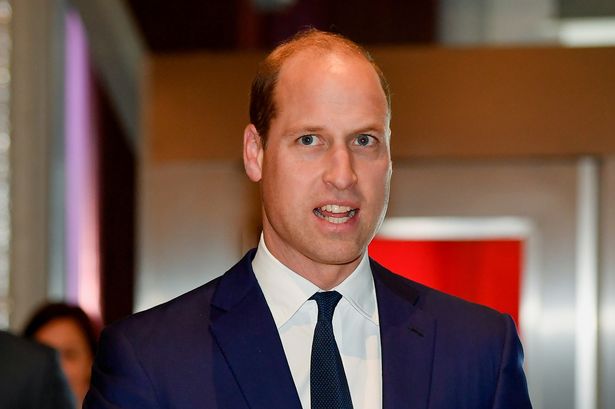
NASSAU, Bahamas, March 26, 2022 (BSS/AFP) - Prince William has said the
British royal family would support the Bahamas' decisions about its future,
on the third stop of a Caribbean tour that has been met with protests in a
region weighing its future relations with the monarchy.
The Bahamas, a former British colony, gained independence in 1973, but it
remains a member of the Commonwealth of Nations and recognizes the British
monarch as head of state.
Speaking at a reception in Nassau on Friday hosted by the Bahamas' governor
general, William -- whose official title is the Duke of Cambridge -- noted
the upcoming 50th anniversary of the country's independence.
"And with Jamaica celebrating 60 years of independence this year, and Belize
celebrating 40 years of independence last year, I want to say this: we
support with pride and respect your decisions about your future," William
said.
"Relationships evolve. Friendship endures."
Prince William and wife Kate's tour was intended to mark the 70th anniversary
of the coronation of Queen Elizabeth II.
But it has been met with protests and accusations of being a "colonial tour".
In Jamaica on Tuesday, placard-bearing protesters outside the British High
Commission demanded that the monarchy pay reparations and apologize for its
role in the slave trade that brought hundreds of thousands of Africans to the
island to toil under inhumane conditions.
Prime Minister Andrew Holness then pointedly told William in front of
television cameras that the nation was "moving on" as an independent country.
The visit follows increasing calls for Jamaica to follow Barbados and become
a republic by ditching the queen as head of state.
William during that trip expressed his "profound sorrow" about the history of
slavery, calling the practice "abhorrent."
"It should never have happened," he said.
But no formal apology has been made by the British royal family.
Britain is increasingly confronting its colonial past, in particular its
memorials to historical figures with ties to the slave trade.